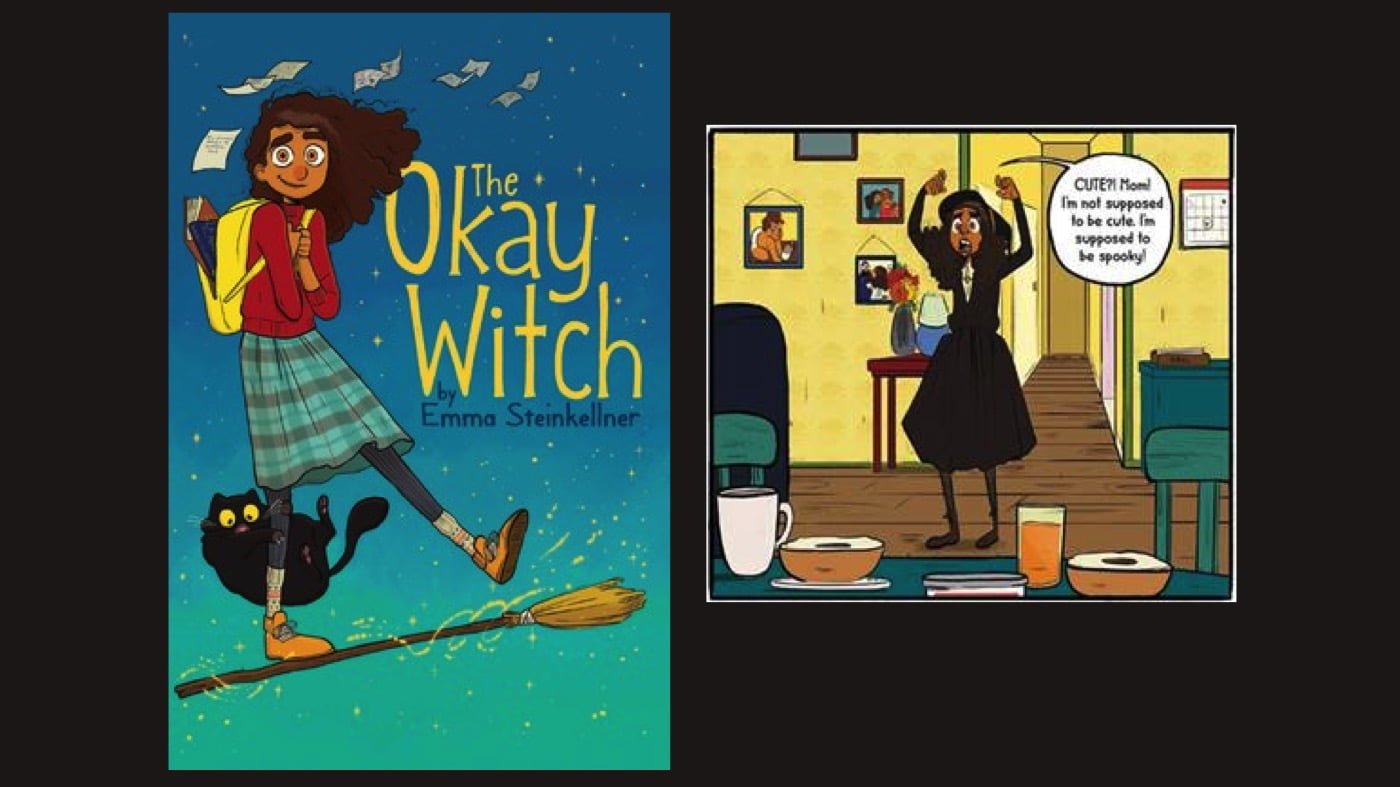
I grew up reading comic books but not the usual sort. I am neither a Marvel nor a DC comics girl. Nope, I’m a fan of ACK: Amar Chitra Katha. When I escaped to another time and place, it was into the world of Hindu mythology. And while I may not have believed the stories actually occurred (and no, I don’t blame Amar Chitra Katha for my lack of faith), I found these stories to be an entertaining way to learn about my heritage.
There were hundreds of comic books, and they were grouped into a few collections: Hindu Mythology (tales of gods, and the humans who interacted with them), Indian History (telling the life stories, and highlighting the heroics, of important figures that helped shape India — Rani of Jhansi, Tipu Sultan, Aurangzeb), and Jataka Tales (these were the fables, usually starring animals, that taught lessons about friendship, hard work, misplaced trust, the power of keeping your wits; the ones with animals inevitably included gruesome death scenes). And somewhere in the midst of these–I was never quite sure if these fell under historicals or fables–were the Tales of Birbal.
If these comics are to believed, Birbal was the chief minister in King Akbar’s court. (Brief history lesson: Akbar was a Mughal king with a Hindu wife. He was considered a great and fair leader, respecting learning and religious freedom. His grandson, Shah Jahan, was best known for building the Taj Mahal as a tribute of love for his beloved wife, Mumtaz. They had six children–four sons and two daughters–before Mumtaz died giving birth to the younger daughter, who subsequently grew up without the love of either parent. And the third son, Aurangzeb, became the next emperor after killing his three brothers and imprisoning his father in the Agra Fort (where, with his failing eyesight, he may or may not have been able to look across the Jamuna river at his beloved Taj Mahal).
But as for Birbal, he was this witty and wise minister, and there were a number of comics recounting his adventures serving Akbar. I loved these comic stories, and strived to be as wise and thoughtful as Birbal. (Maybe I just loved that these comics didn’t include characters fasting for one hundred years, waiting to gain a god’s favor to ask for some superpower that would allow the character to exact his revenge; there was a lot of that, even among the ‘good guys’).
When my family and I visited Agra in March, all these stories came back to me. Not every detail, of course, but I was able to share these stories with my kids (including my own cautionary slant where I encourage them to get along with their brothers, although making it easier by reminding them we don’t have a giant kingdom to fight over).
And then my cousin gifted the boys with a collection of Amar Chitra Katha comic books. Every time I’d visited India as a child, this was what I wanted, and my siblings and I gathered quite a collection (which I’ve been meaning to dig out). After reading them so many times (and I loved these stories), they had definitely seen some major wear and tear.
I remember a sick day in eighth grade, in the middle of our Greek Mythology lessons, when I had spent the day on the couch reading tales about Arjun, Bheema, Abhimanyu, and Krishna, and then dozing off in a feverish state, dreaming of impossible matchups: Indra fighting Hercules, Krishna versus Apollo – a showdown of Hindu versus Greek gods.
I didn’t read these in any particular chronological order, so my knowledge of all things Indian is kinda scattered. But still there is some knowledge, forming a framework of reference that helps me understand other Indians, those who grew up in India and are culturally pretty different from me (in more ways than just the fact that they weren’t educated by comics).
And that’s what we want, right? To be able to find common ground with people who seem so different from us. Comics, television, movies–these all help us to connect with other fans, grant us shared stories and people in common. Amar Chitra Katha comics offered me a connection to people with whom, other than a similar skin tone, I shared very little in common. Just as Biblical references abound in American culture, and just as you likely can’t go an entire day without seeing some mention of a fairy tale (try it), so too are Hindu references quite common in India. I, for one, am glad to notice.
Learn more at their website amarchitrakatha.com, or check out their app (I’ve not downloaded the app, but honestly, the reviews aren’t great). They’re also available on Amazon.




